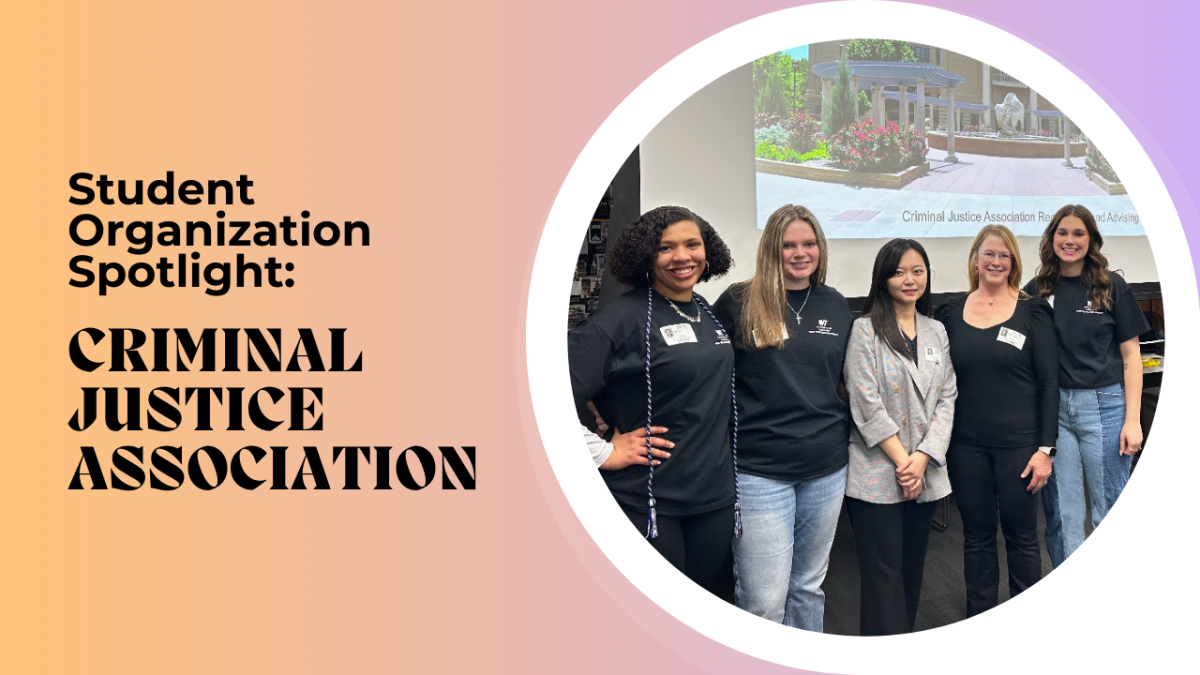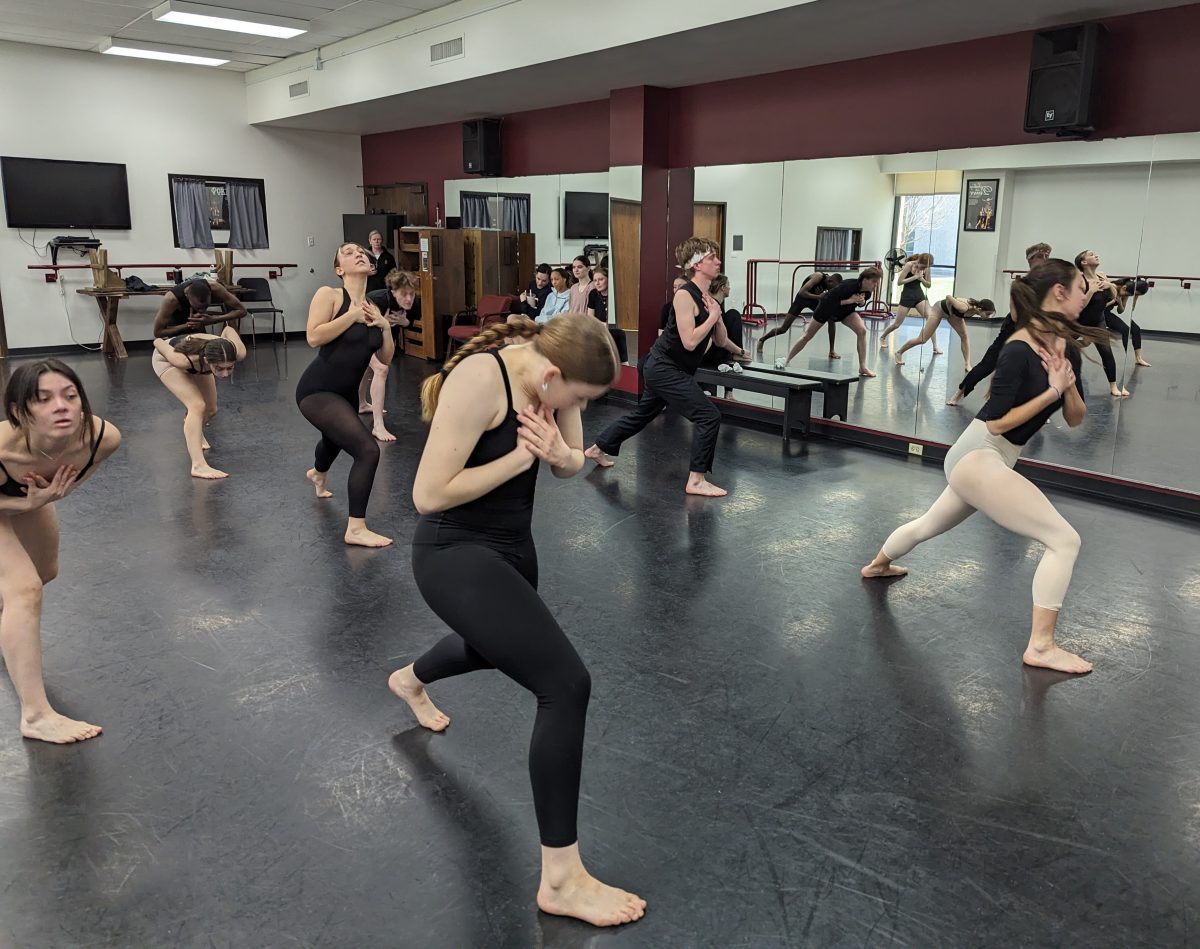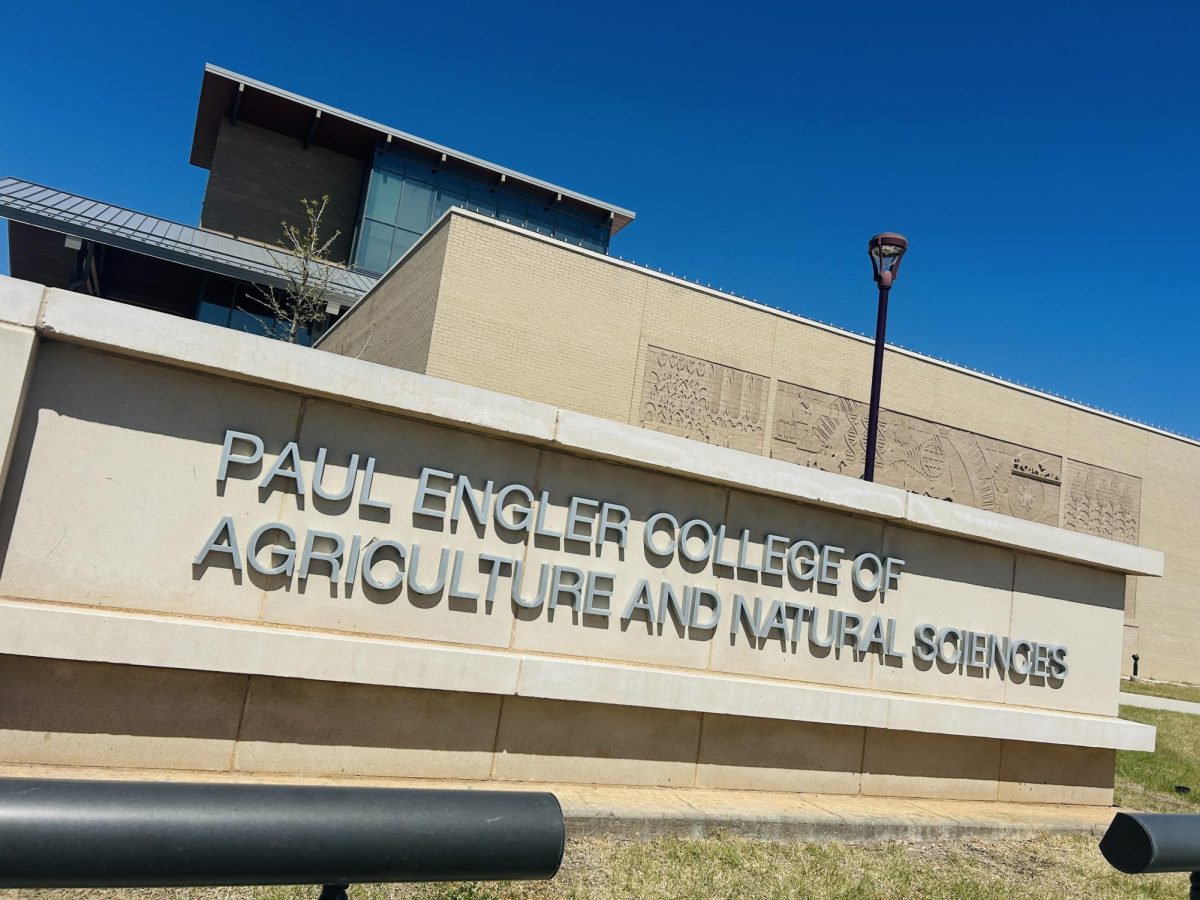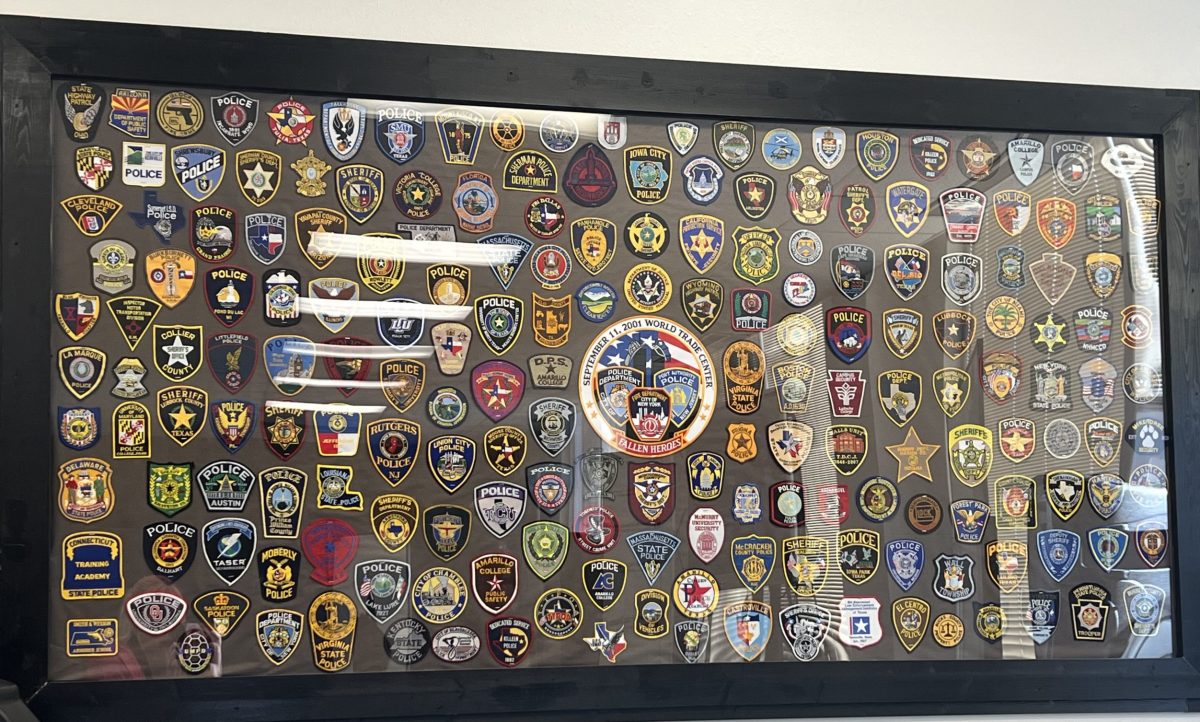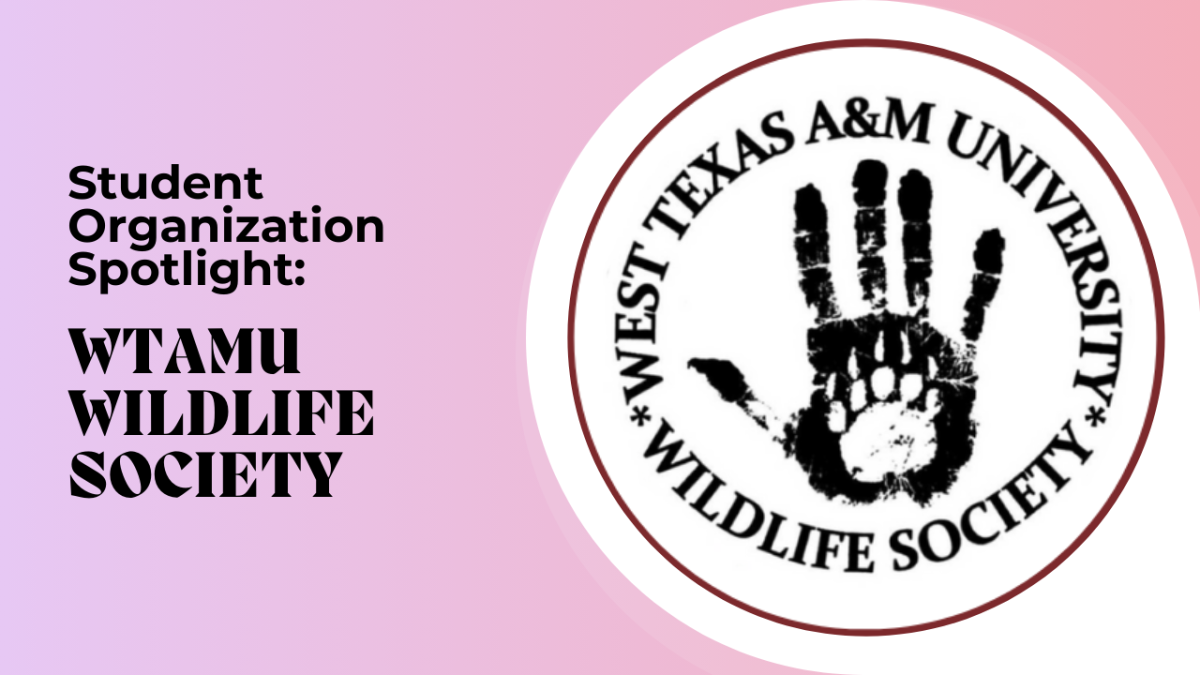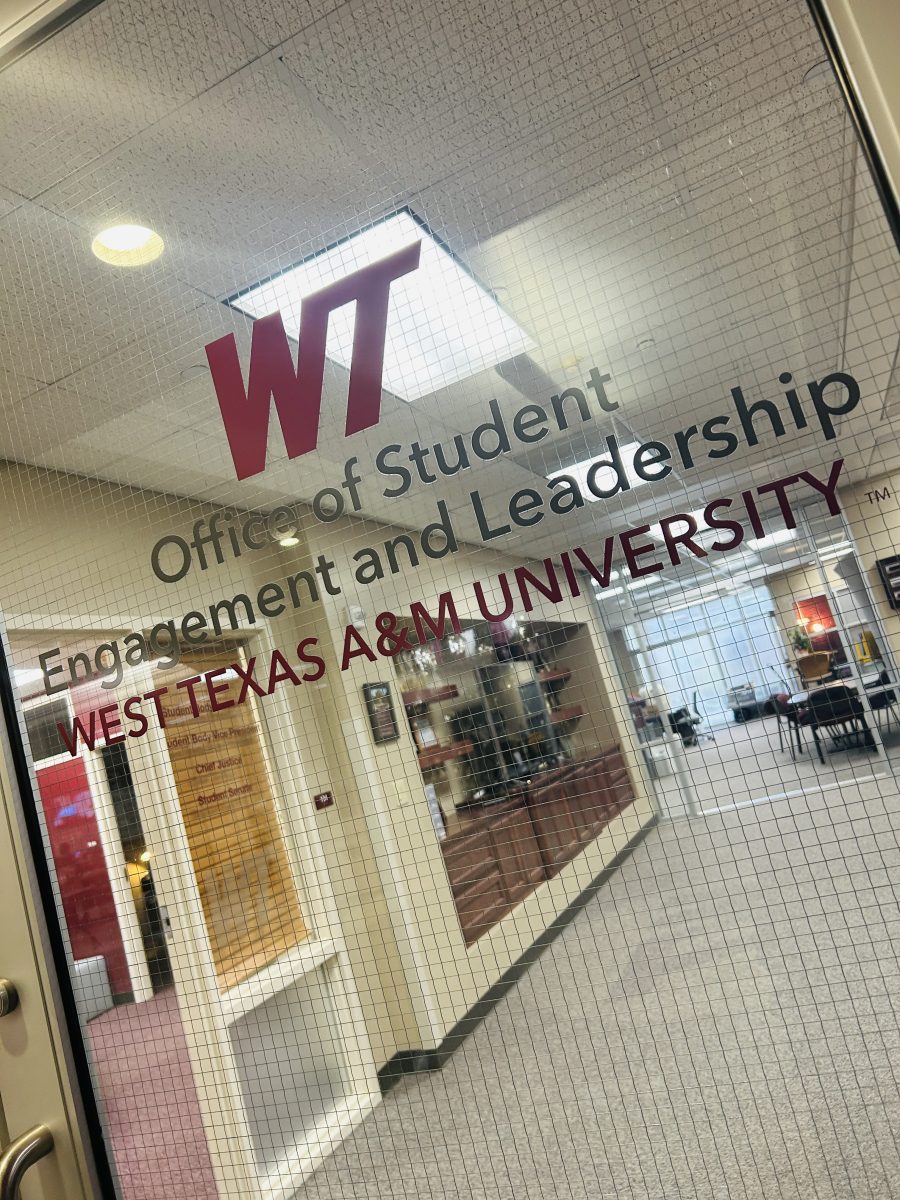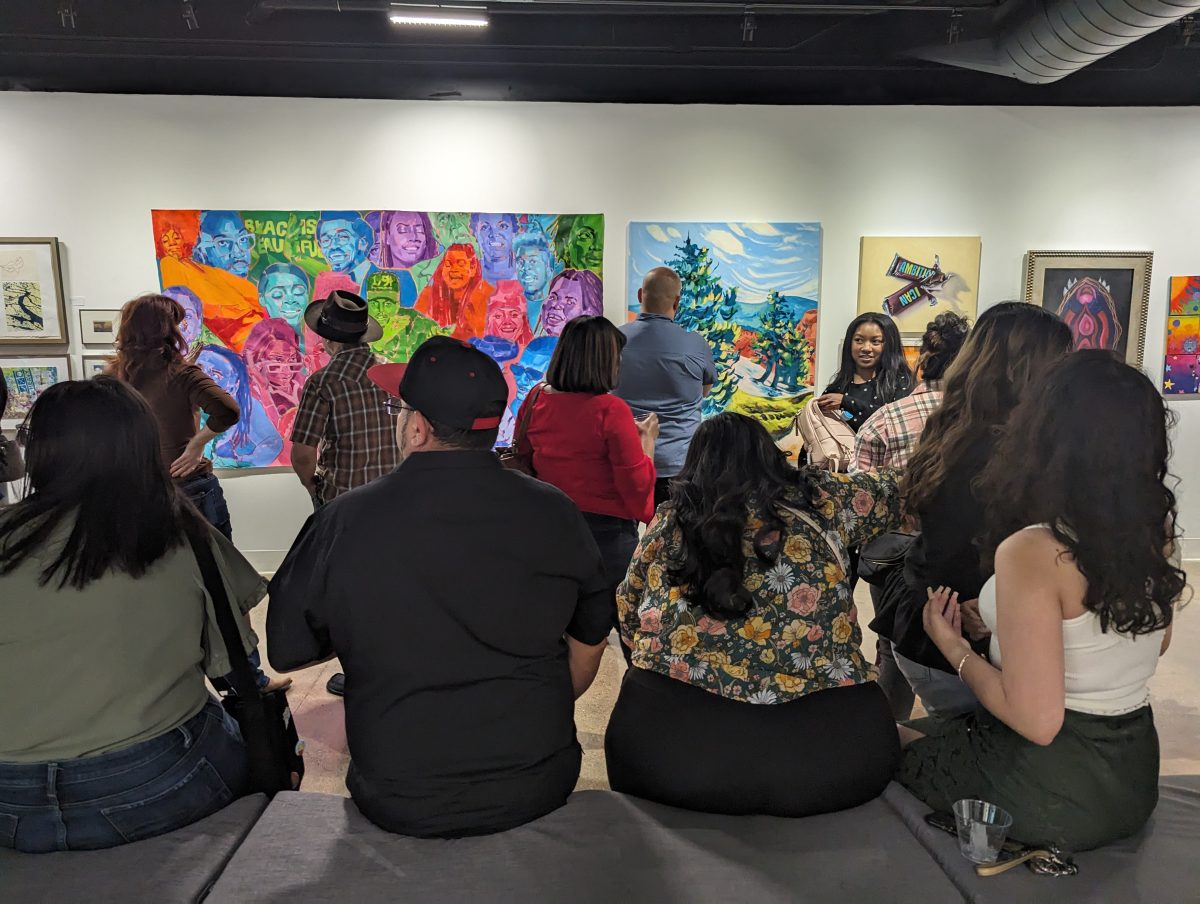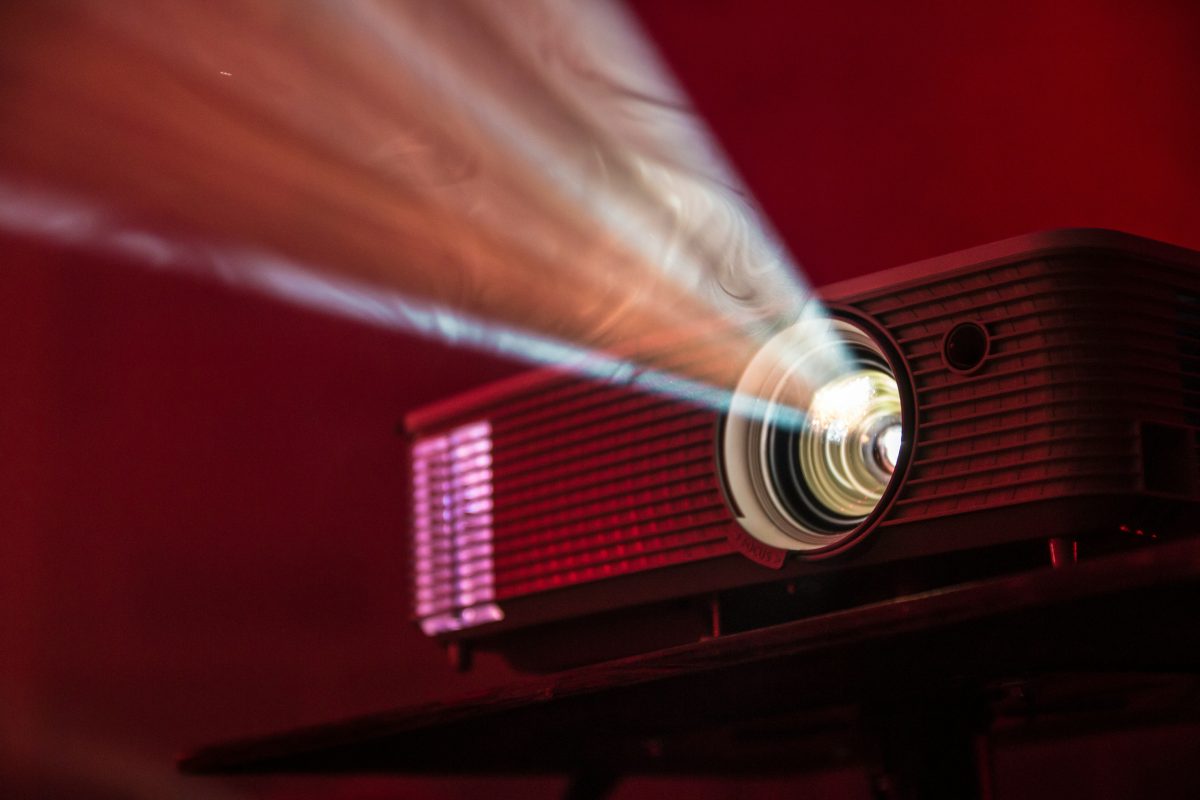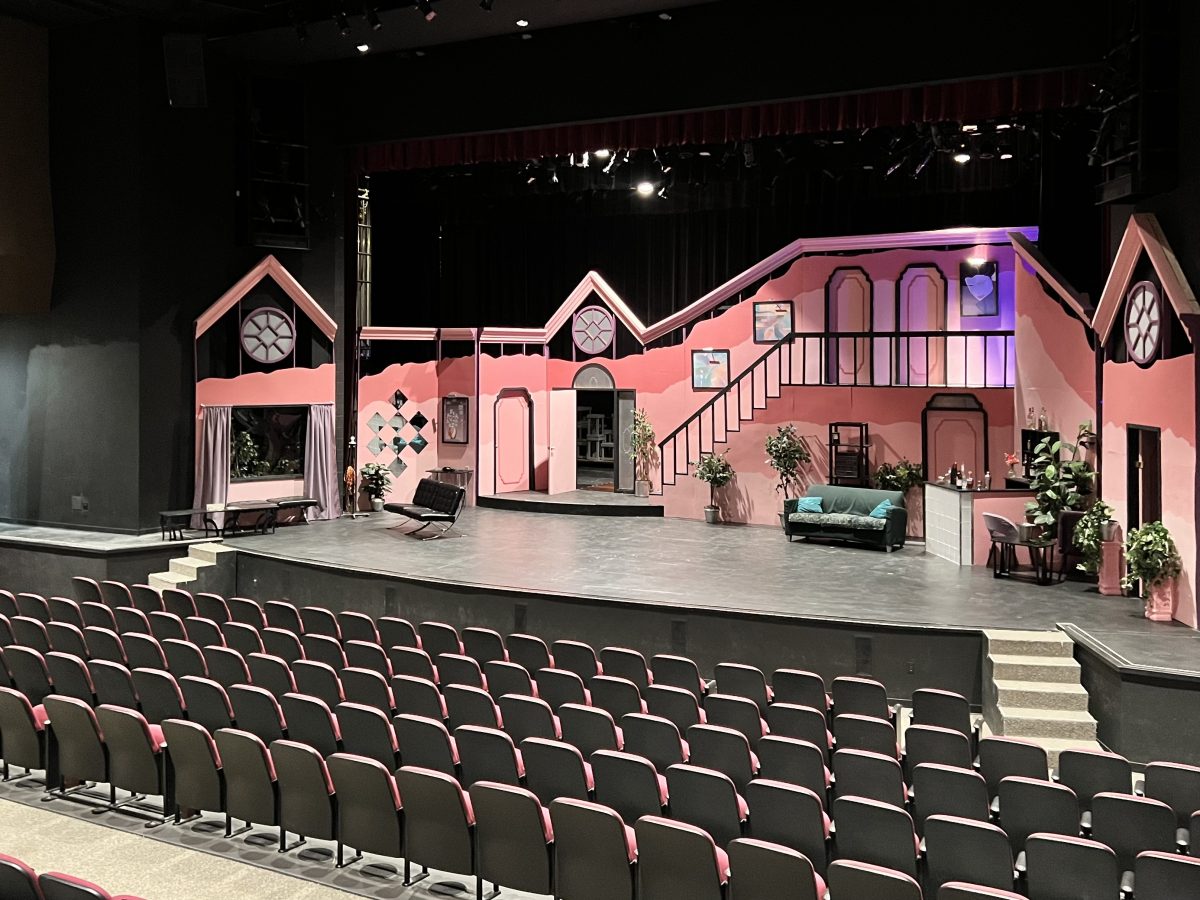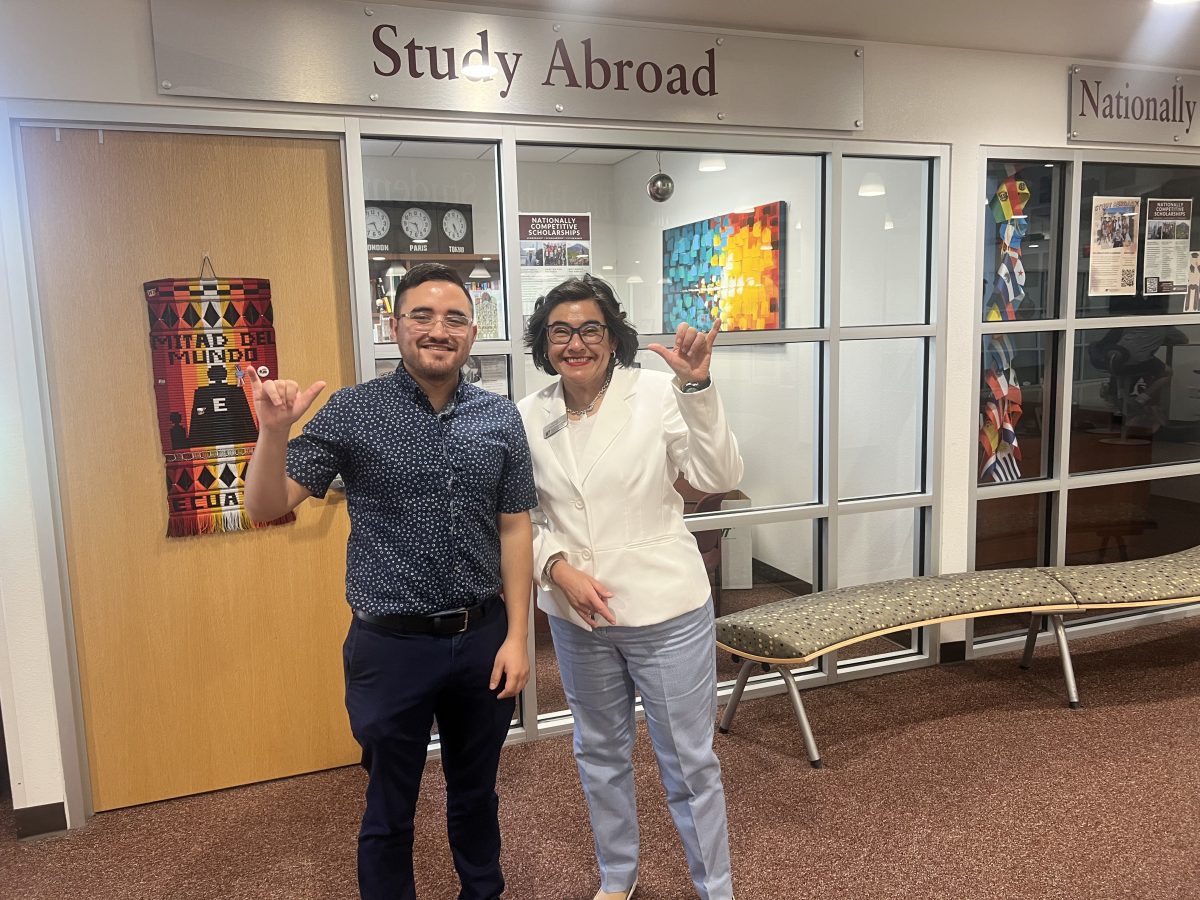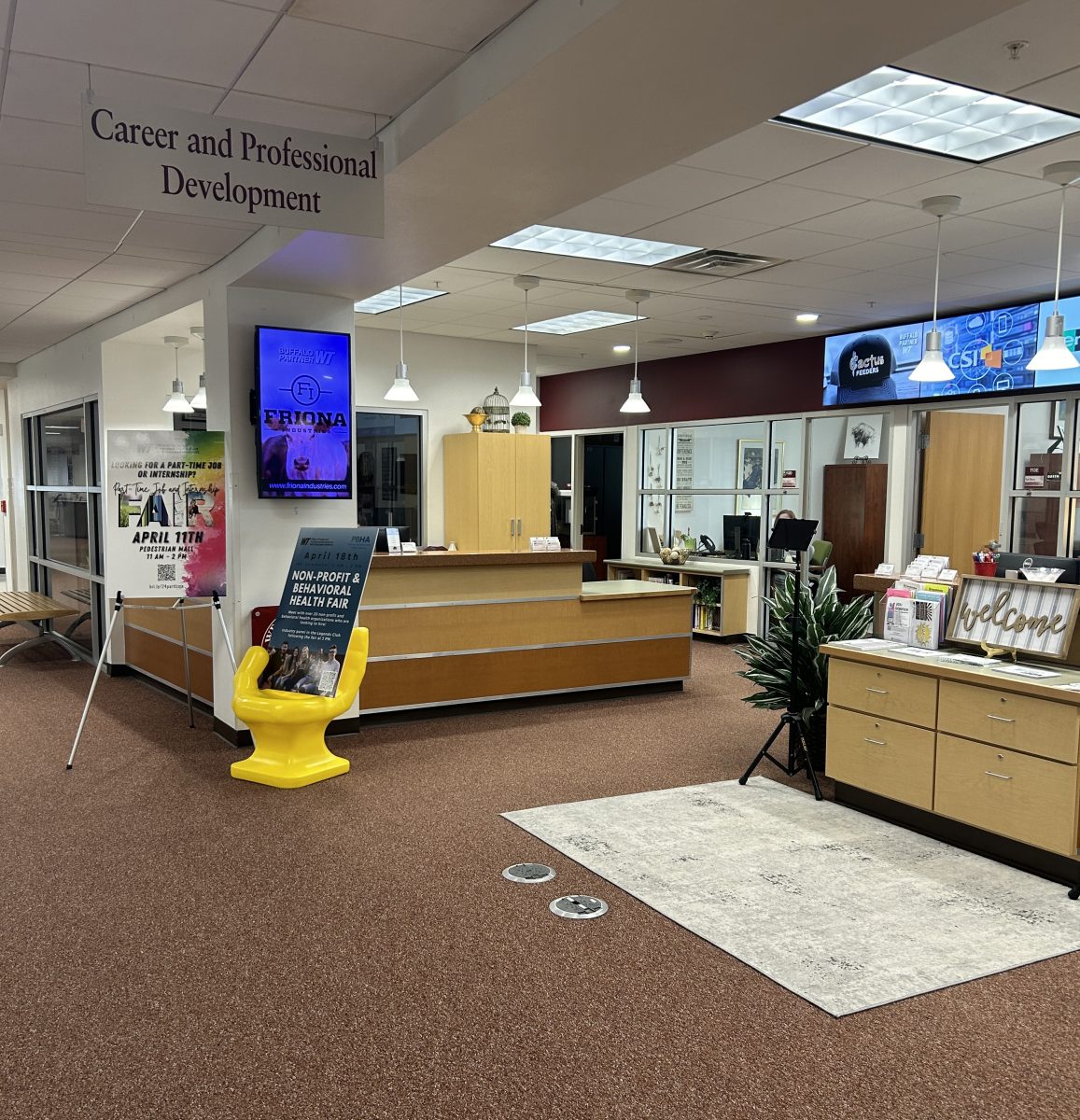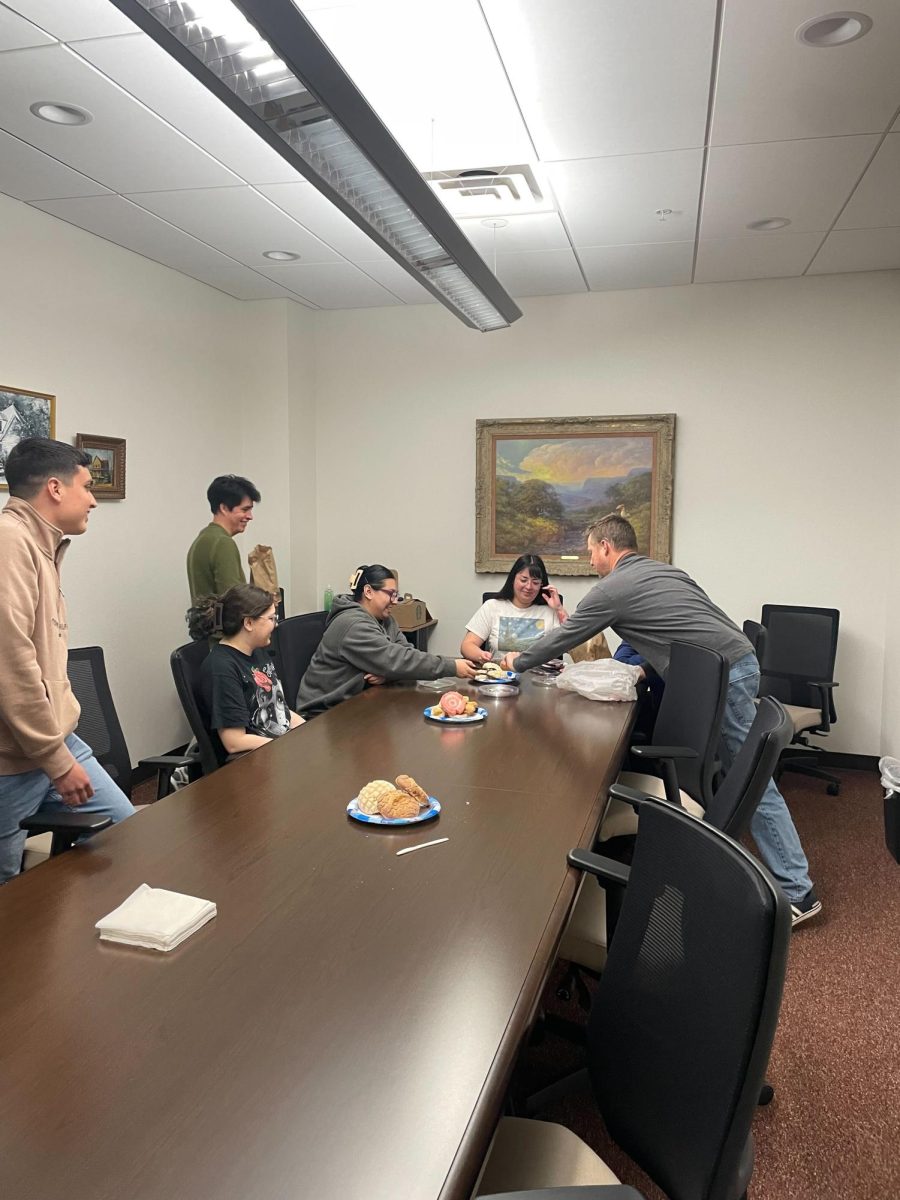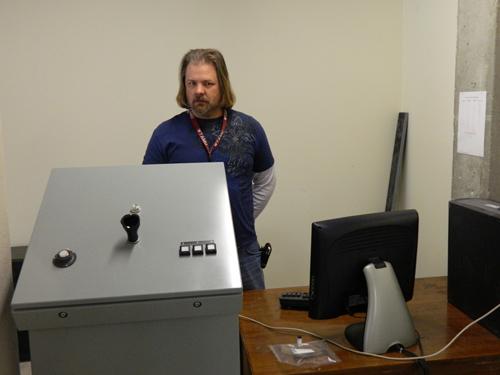
Research will begin during June at the Panhandle Department Research Facility (PDRF) at WTAMU. The research will determine air quality for swine farms in Colorado.
The swine facilities send air samples in bags that are analyzed by panelists to determine the quality of that air from the lagoons located on the swine farms.The project is funded as part of the Core Lab Facility.
“We are providing odor analysis for the swine facilities in Colorado using the Triangular Forced Olfactometer,” said Research Assistant Eddie Caraway. “Data is entered on the computer by panelists which gives information called odor units that determines the air quality.”
“It’s our job to provide them [Colorado Farms] with a number that they can use,” said Caraway. “With this information, if a problem ever arises on a local level, the farms can prove that they are within regulation because of PDRF’s research.”Rules and regulations for swine facilities vary from state to state. For example, Colorado’s regulations require air samples to be tested at certain distances and on different parts of the farms. When there are compliance issues, PDRF measures the samples and sends the information back to Colorado.
“Our goal here at WT is to provide services, in this case lab services, as an independent third party to the industries that we work with so that they can meet their regulatory goals,” said Dr. Don Topliff, dean of the College of Agriculture. “By doing this, we raise the visibility of our campus so as to integrate new students to join WT.”
Colorado sends samples to WT, which is one of two places located in North America that provides such testing. With the other lab facility located in Canada, WT’s lab is a more convenient place for such farms in Colorado to get unbiased information and test quality to meet their regulations.
“As an independent third party, they send us the samples and whatever the number is, that’s what it is,” said Topliff. “It has to be an unbiased source and that’s what we provide.”
Students that study environmental science also help out the project.
“It depends on the day, but I put the samples in the list and run the analysis and give the results to Eddie,” said Student Assistant Tyler Brown. “[The project] gets our name out there for WT and it shows how diverse we are as a university.”



